Audi introduces new CNG A3 Sportback
Green Car Congress
SEPTEMBER 16, 2020
Sales in Germany and other European countries begin in fall 2020 at a base price of €30,705.88. The cylinder head, injection system, turbocharger and catalytic converter were modified accordingly for the CNG engine. The four-cylinder always starts in CNG mode, only injecting slight amounts of gasoline under rare operating conditions.

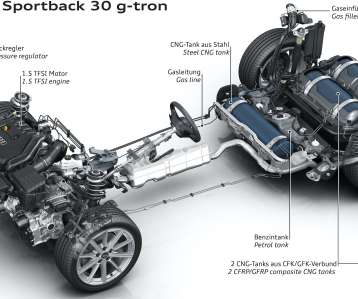
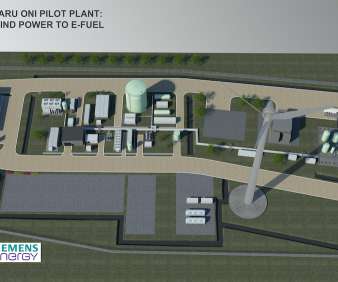

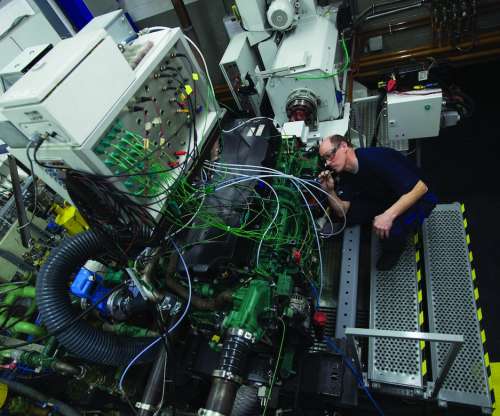



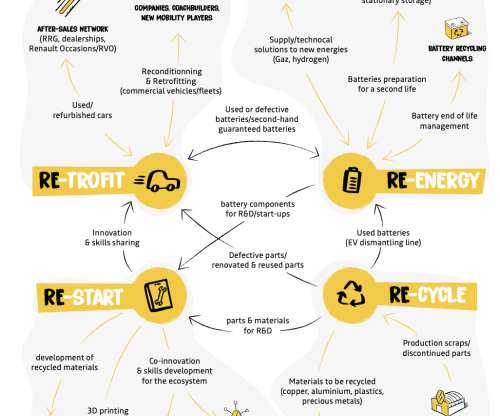




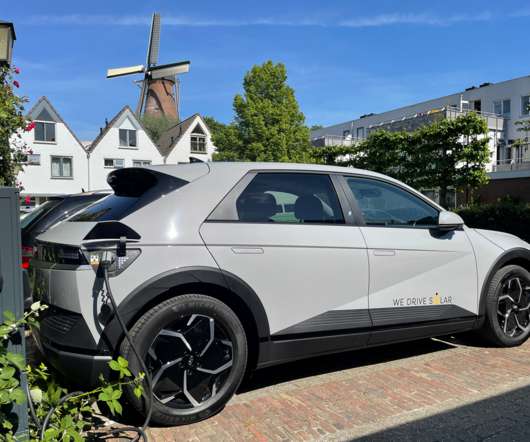











Let's personalize your content